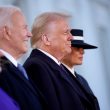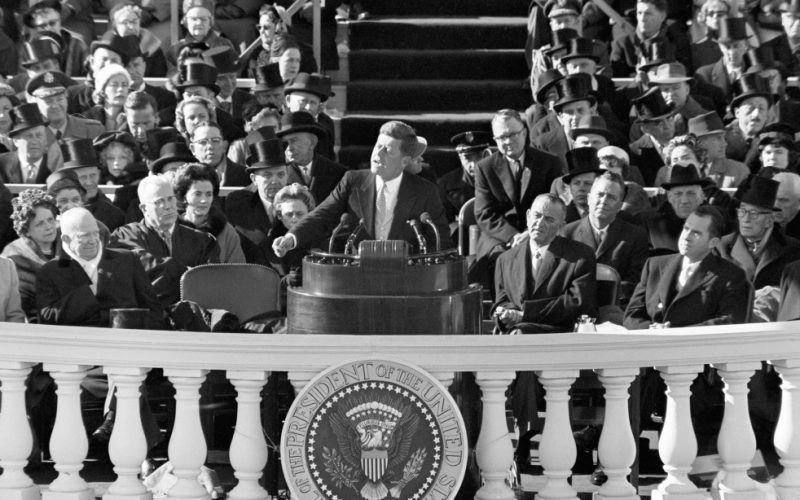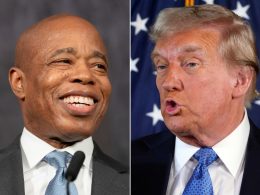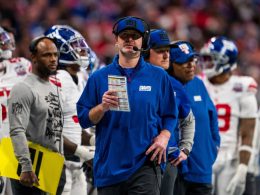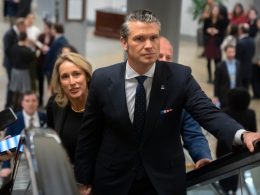Whenever I tell my students that the first time I was old enough to vote for president, I voted for John Kennedy, they look at me with envy. They don’t think they are ever going to have my luck, and President Trump’s inauguration is, I fear, only going to increase my students’ first-time voter blues.
At Sarah Lawrence College, where I have taught for many years, my students were glummer than I have ever seen them following last November’s election. They could not believe the country would choose a man who took pride in the role he played in the overturning of Roe v. Wade and in a widely circulated interview for “Access Hollywood” bragged about grabbing women.
The students I met with in my office the morning after the election were exhausted from staying up all night and in no mood for a pep talk. Their mood has not changed, and I feel it is even more important than it was in November to say something to my students that speaks to the frustration they are feeling and the charge that their generation’s liberal righteousness contributed to Trump’s victory.
I don’t use my classroom, where students are a captive audience, as a place for putting forth my political views, but dealing with my students outside of the classroom is a different story. Their anxiety about the election has deepened over the last two months (57% of college students nationally don’t believe their 2024 vote mattered).
The best reference point I have found for addressing my students’ anxiety lies in a speech a very young John Kennedy delivered in 1946 when, after serving in the Navy during World War II, he ran for Congress.
The speech, which appears in a remembrance of Kennedy, “Johnny, We Hardly Knew Ye,” by two of his closest aides, Kenneth O’Donnell and Dave Powers, written with Joe McCarthy, tells us what personally mattered to Kennedy at this time in his life rather than what he thought about specific political issues.
Kennedy talked about many veterans coming home from World War II surprised that they felt lost. “They miss the close comradeship, the feeling of interdependence, that sense of working together for a common cause,” Kennedy declared. “We forget that dependence on other people is with us in civilian life just as it was in the war,” he went on to say.
What was essential to remember, Kennedy concluded, is “We are dependent on other people nearly every minute of our lives.” And here, I believe, is a hopeful view of the future that my students can take heart in as they struggle to recover from an election that has left them filled with doubts.
At this moment the endless analysis and scolding being put forward about what college students were too self-absorbed to grasp about the 2024 election is not helpful. It’s like asking someone who has just been in a car crash to look at photos of the crash.
Kennedy’s toughminded optimism is a much better guide to the future, and we need to pay him renewed attention. In tone and substance, he strikes the right note. Those of us who teach should back off and allow our students a recovery period in which they go about their daily lives attuned to the good they can accomplish through their connections to each another and society at large.
If Kennedy’s election was a high point for me and my generation, his assassination and the assassinations of his brother and Martin Luther King Jr. were our low points. We became a generation deprived of the leaders we trusted most. It was tempting to let despair take over.
Becoming part of the civil rights and anti-Vietnam War movements of the ’60s and ’70s created a sense of purpose for us, but the activism of my college generation was never in my experience free from doubts over the tension between conventional politics and protest. We, like students today, needed healing time — free from adult finger pointing — to regain our equilibrium.
I don’t have a specific New Year’s recommendation for my students about what their re-engagement with political life should look like in the wake of what for them and me was a traumatic election, but I’m betting on my students’ recuperative powers, above all, on their ability to avoid being politically numbed by the election postmortems still coming at them from every direction.
Mills, author of “Like a Holy Crusade: Mississippi 1964 — The Turning of the Civil Rights Movement in America,” is a professor of American literature at Sarah Lawrence College.



